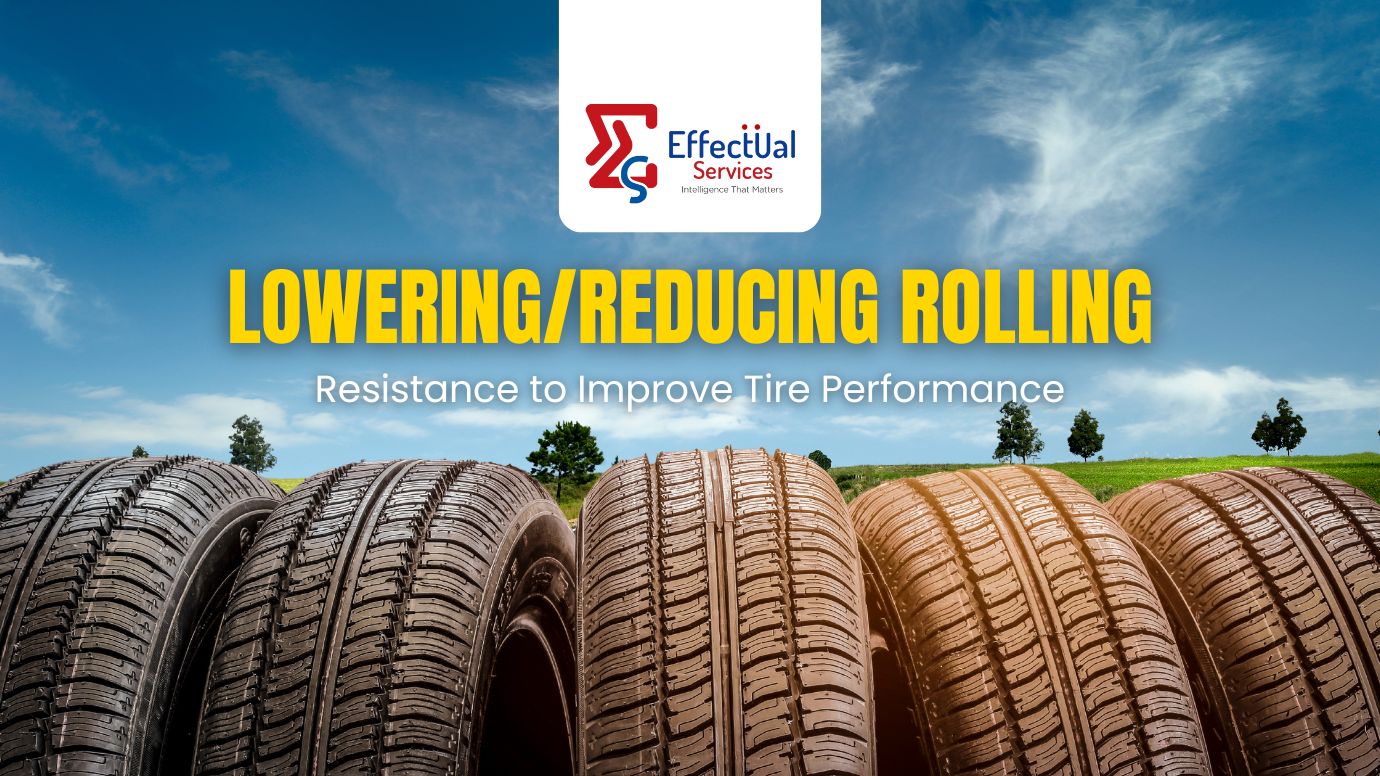
Lowering/Reducing Rolling Resistance to Improve Tire Performance
Rolling resistance is the force that resists a tire's motion as it rolls, directly impacting fuel efficiency and emissions. High rolling resistance increases energy use, wear, maintenance costs, and road noise. On the other hand, ultra-low resistance can reduce traction, especially on wet roads, challenging manufacturers to balance efficiency, safety, and durability. Innovations often involve material trade-offs that may affect tire lifespan. With stricter global regulations on emissions, tire makers face growing pressure to lower rolling resistance without compromising performance.
Market Outlook
The global shift towards electric vehicles (EVs) is redefining the performance expectations for tires. EVs are up to 30% heavier than internal combustion engine (ICE) vehicles, demanding more from tire design in terms of durability, grip, efficiency, and noise reduction.
Brands like Hankook are leading with purpose-built solutions like the iON evo AS SUV, built for resilience, comfort, and energy efficiency. As governments push for zero-emission targets, demand for EV-optimized tires is only expected to grow.
Challenges
- Rolling Resistance vs. Grip: Reducing rolling resistance improves range but often compromises traction, especially in wet or wintry conditions.
- Heavier Vehicles = Faster Wear: The added battery weight causes uneven wear and shorter tire life.
- Material Trade-offs: High-performance compounds often sacrifice durability or cost-efficiency.
- Stringent Regulations: Increasing pressure to meet fuel-efficiency and emission standards through tire innovation.
Market Drivers
- Demand for Extended EV Range: Low rolling resistance tires directly boost miles per charge.
- Noise Reduction: Urban environments and EV drivers seek quieter rides, driving demand for acoustic tech (e.g., Hankook Sound Absorber™).
- Sustainability Focus: Regulatory and consumer emphasis on reducing CO2 emissions.
- Performance Expectations: Consumers expect EVs to deliver premium handling across all road conditions.
Startups & Innovation
- Advanced Silica Compounds: New-generation materials offer both abrasion resistance and energy efficiency.
- Smart Tires: Startups are exploring embedded sensors for real-time pressure and wear analytics.
- Recyclable Materials: Emerging players focus on eco-friendly, circular tire production.
- Custom EV Tire Design: Niche firms are developing tire profiles tailored to specific EV models and driving patterns.
The EV age demands more than just electric powertrains - it requires a complete reimagining of every vehicle component, including tires. Companies investing in material science, smart design, and sustainable manufacturing are positioning themselves at the forefront of this transformation.
About Effectual Services
Effectual is a global knowledge group that supports the research and innovation needs of various R&D groups. We work across a wide range of industries to find out technology components that are synergistic when bundled together to deliver a superior solution.
We assist corporations in understanding the markets involved in a particular technology and the latest developments in the technology area, while also suggesting novel technological solutions to a challenging statement. They achieve their research needs through us by quick and promising solutions backed with scientific data that could add value to their business needs.




